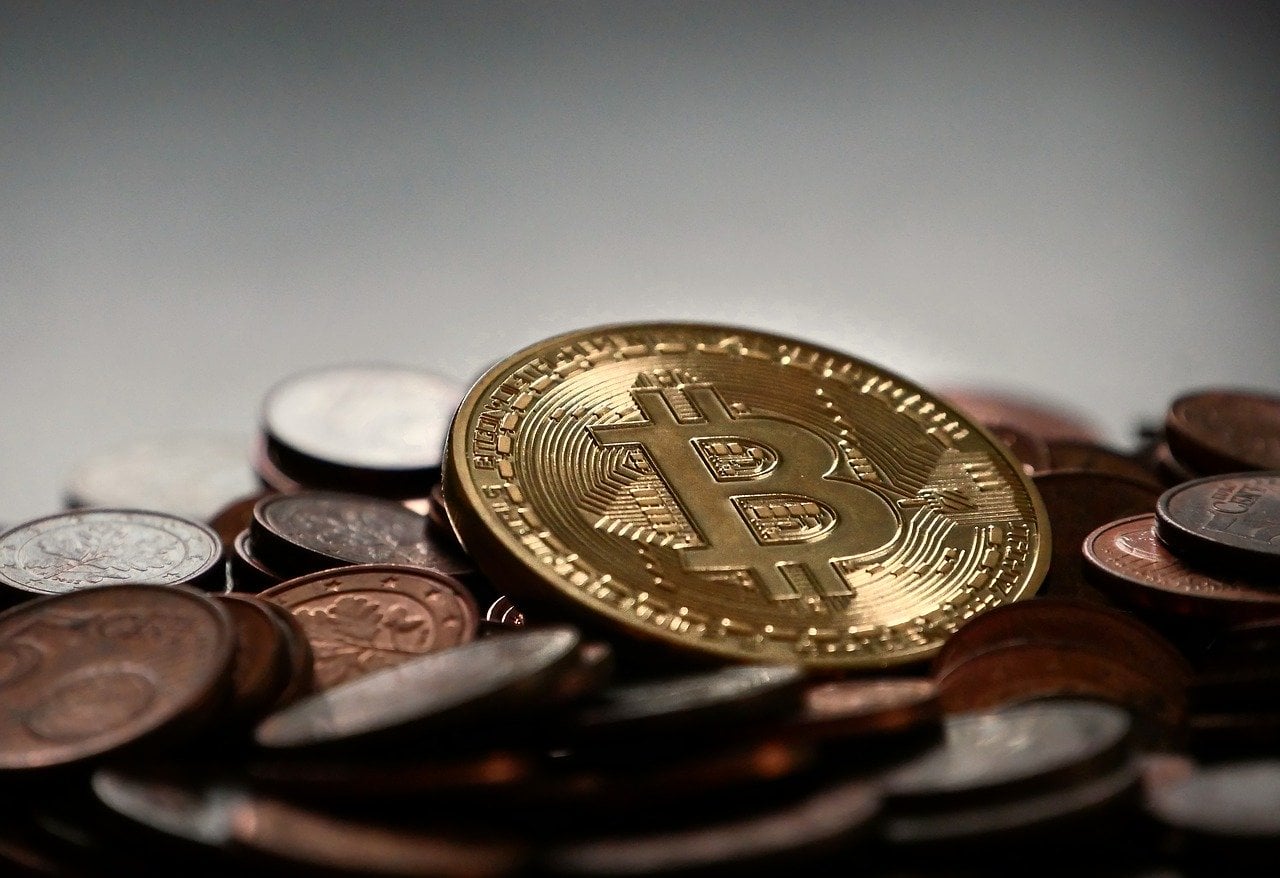Alexander S. Blum | Source | Co-founder & COO at Two Prime

Alexander S. Blum
Alexander S. Blum bought his first Bitcoin for $9 in 2012 and has been professionally involved with the industry ever since. He previously founded digital investment group Atomic Capital, worked as a technology advisor for the Bill & Melinda Gates Foundation, the World Economic Forum, and as an economic development specialist for the Peace Corps. Alexander is a Fellow at University College London Centre for Blockchain Technologies and Chair of the Nexus Global Lab on Blockchain and Systems Change. He graduated from Tufts University, Arizona State, and MIT.
-

Two Prime
Co-founder & COO
-
Japan's new cryptocurrency laws and S2F model -
We will see in the next year if with Japan's cryptocurrency laws — in the instance it doesn’t, let’s look at the bitcoin narrative and what
Article -
Wirecard Folds: A Blow to Crypto Cards, but a Chance for Blockchain
A temporary nuisance for crypto debit card holders, the Wirecard debacle reminds the public of the problems blockchain technology was designed to fix
Article -
What Would Biden’s Tax Hikes Mean for Bitcoin? - CoinDesk
Tax hikes could encourage profit taking in cryptocurrencies, but some investors remain bullish as ongoing stimulus could trigger inflation.
Article
-
"With better infrastructure for institutions and retail investors alike, and existing investment rails already established for BTC at places like Paypal, Robinhood, Coinbase, and many more, I suspect the run up to $1 trillion and beyond to happen even more quickly than it did for Bitcoin. ETH is a triple-point asset as a commodity, yield-bearing asset, and, with the introduction of EIP1559, a strong store of value. You may expect a lot from ETH in the near to medium term and still be underestimating what's coming.”
-
"With the astronomical growth of ETH over the past few months and the price surpassing $3000, it would be easy to think the run must be nearing an end. However, every technical indicator across demand, exchange trading flows, developer activity, derivatives markets, historic correlation to BTC, and public sentiment suggest this is only the beginning for ETH."
-
Bitcoin is more scarce than most people even realize as some of the bitcoins are either lost in wallets that cannot be accessed or lost with missing keys.



